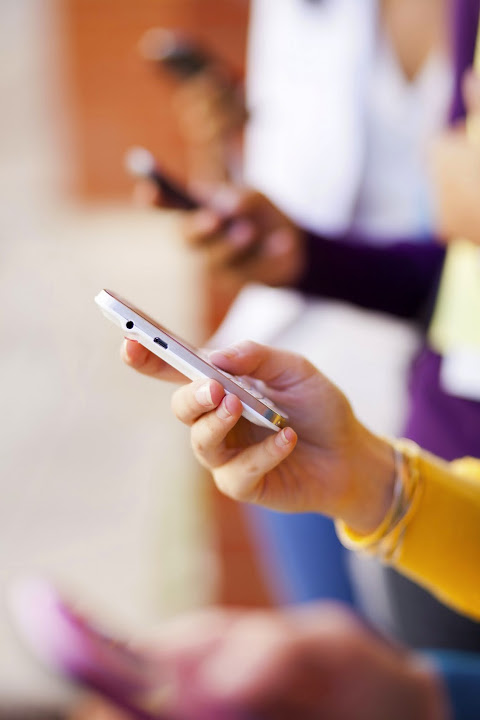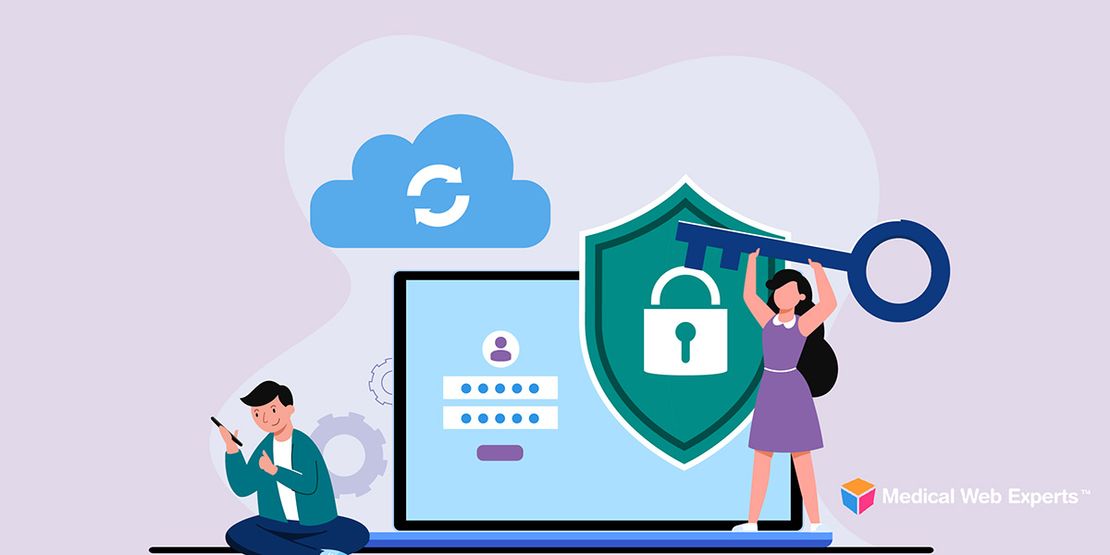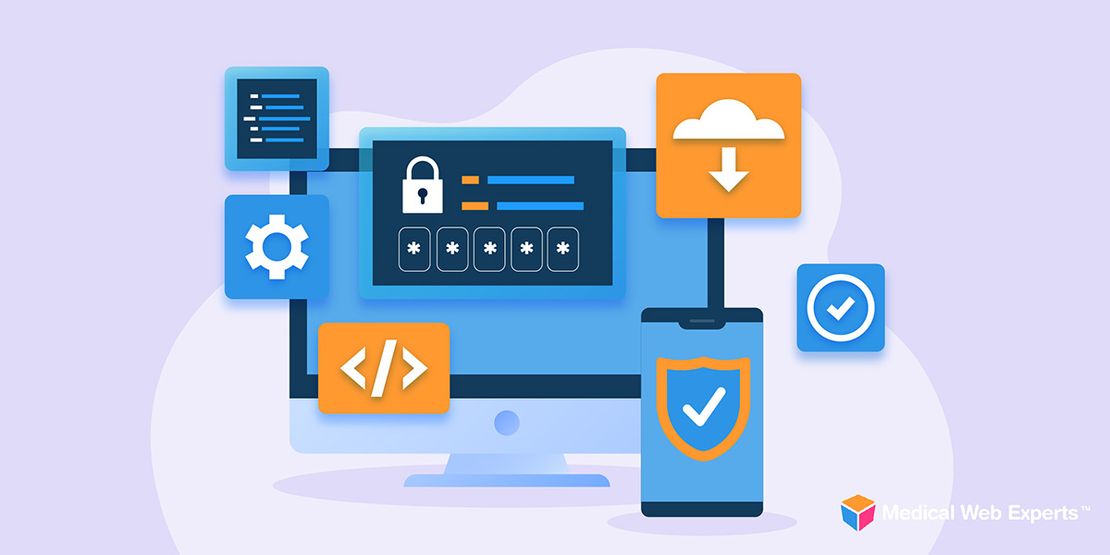 Mobile health devices have created easy access to a wealth of information about our own bodies – people can monitor what they eat, track how much they have exercised, measure their blood pressure or find easy answers to questions about illness, diet or fitness. But easy access to information can also mean too much access in the sense that, sometimes, mobile health technologies can lead to self-diagnosis and, consequently, misdiagnosis.
Mobile health devices have created easy access to a wealth of information about our own bodies – people can monitor what they eat, track how much they have exercised, measure their blood pressure or find easy answers to questions about illness, diet or fitness. But easy access to information can also mean too much access in the sense that, sometimes, mobile health technologies can lead to self-diagnosis and, consequently, misdiagnosis.
At times, the information these devices give us is open to interpretation and requires the expertise of a medical professional. How can the mobile health industry make sure that doctors and patients alike use mobile health to their advantage and avoid misinformation? Proper patient education is one way.
Patients are going to use mobile health technology whether their doctors recommend it or not, so it is important that medical professionals recognize their responsibility to help their customers use it properly. This will not only keep patients healthier, but also help their medical practice thrive.
Medicine has become increasingly focused on the quality of care and relationships between patients and doctors. Doctors need to accept that although they can’t bill for help interpreting medical records or results, keeping patients happy pays off in the end. A medical provider’s job is to answer questions, suggest remedies and treatments, and interpret the information that mobile health technology makes available.
[related_content]This is particularly true as millennials make up a large slice of the US patient population. In a recent study, 43 percent of those between the ages of 18 to 34 reported that they want access to their medical records on their smartphones.
In that same study, 57 percent of those who do not have access to online medical records said that they would be much more proactive in taking care of their health if they did. So, as more medical practices adopt patient portals, more requests for assistance could be coming in from people who are concerned, confused, or misinformed.
Doctors must adjust their practices to help patients use mobile health technology to their advantage. Through increased patient engagement, countless people will be able to become active participants in their own health.

Posted on October 06, 2021 by Pablo Bullian
Medical Web Experts Security Bulletin: October 2021
Walgreens’ Poor Security Measures Exposed Patient Data and Covid-19 Test Results Patients who got a Covid-19 test at Walgreens, possibly as far back as July 2020, were vulnerable to data…Read more
